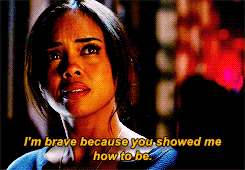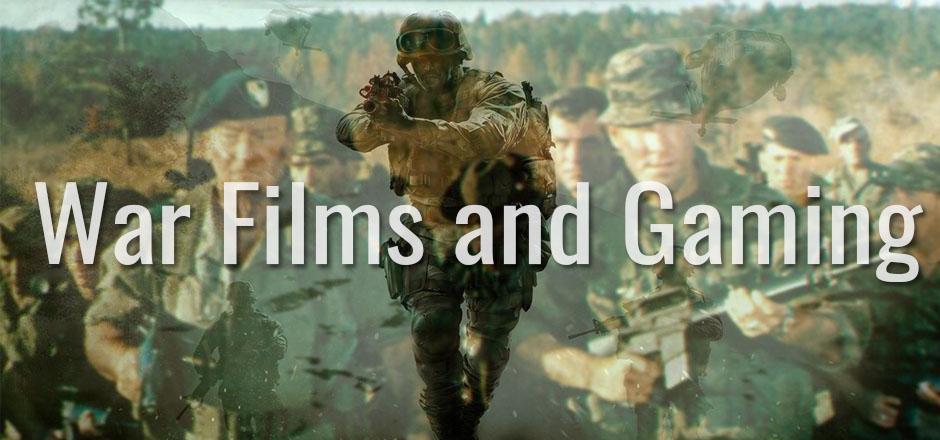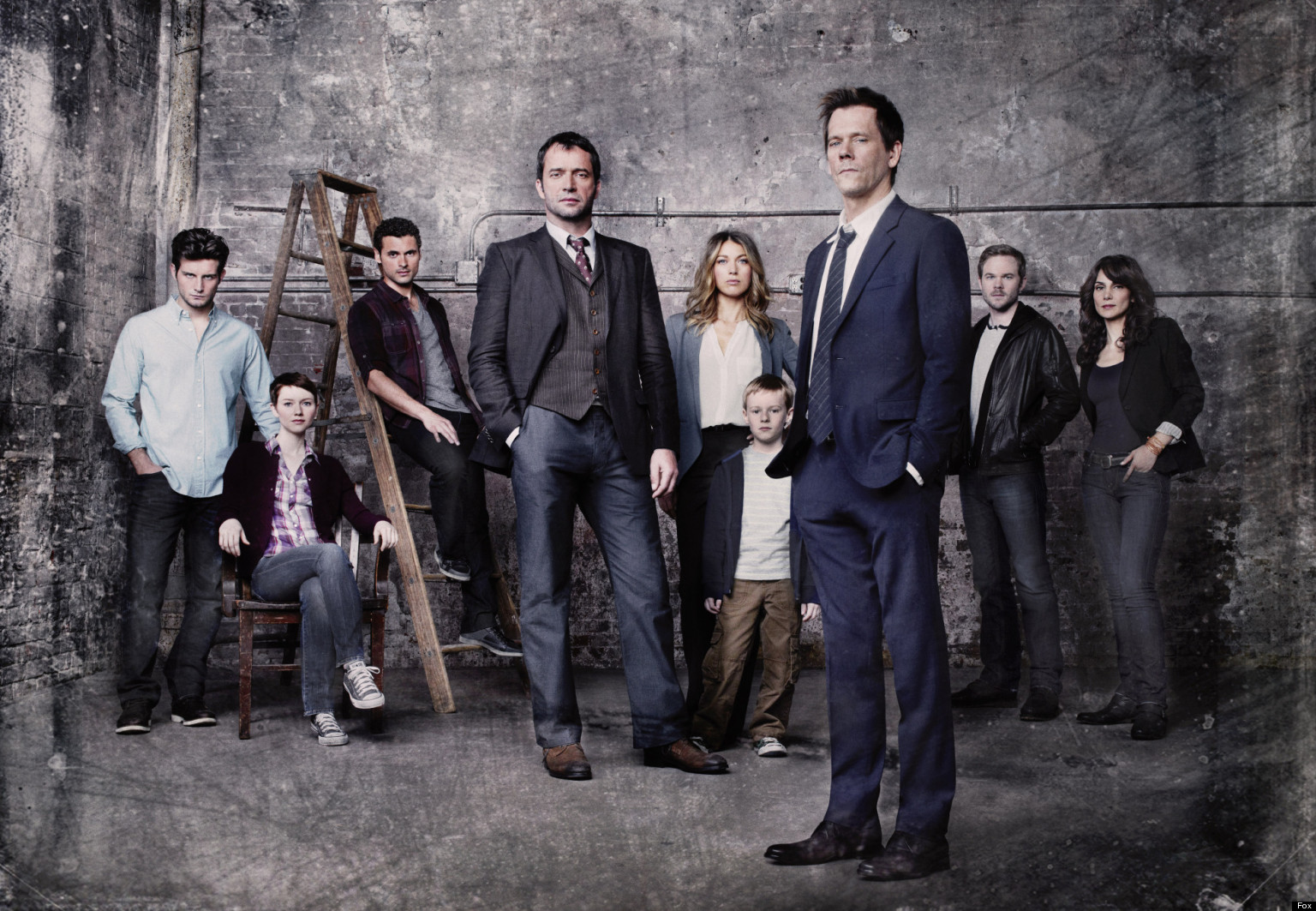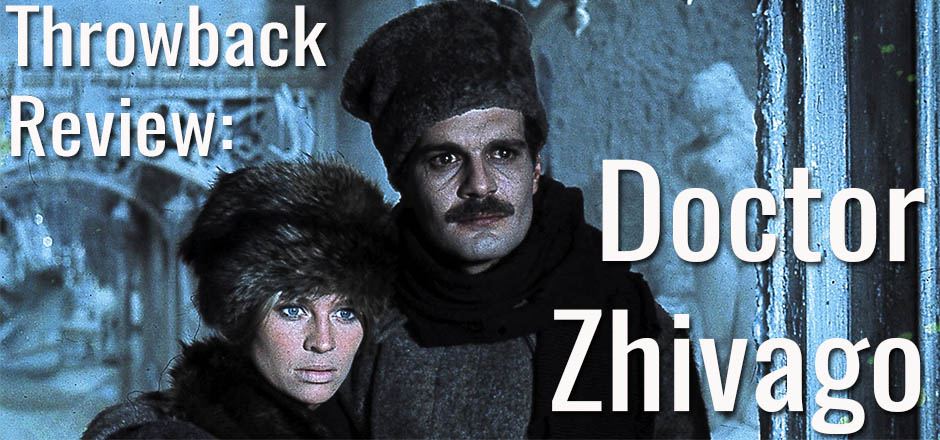Depicting female strength as either physical prowess or violent revenge has become increasingly common on TV the past few years. I like my gunslinging, butt-kicking female cops like Officer Nicole Haught on Wynonna Earp, don’t get me wrong. I’m here for fancy dress and a rifle.

At the same time, many shows that use this kind of characterization de-center strength that is not quantifiable in physical terms (not Wynonna Earp, though, because that show is a treasure). Male and female characters are more likely to be called ‘strong’ if they’re wielding a gun and/or punching people rather than being, as Steven Universe says, “Strong in the Real Way.” Especially if the character is responding to violence or pain.
Thankfully, Supergirl exists, and it’s a show that prioritizes female characters who choose healing, compassion, and empathy in the face of external threats and trauma. And the show itself chooses to highlight these women as strong for making these choices, rather than weak.
Kara Danvers
The titular superhero herself might be the Girl of Steel, but she’s far from thick-skinned and hard. Underneath the sunshine, puppy-dog exterior is a deeply wounded young woman who has chosen to turn her trauma into altruism. When Krypton blew, she lost her family, her parents, her culture, everything that made her who she was. She became an immigrant and refugee on Earth, cut off from everything familiar and raised by people who, however kind and loving, could not replace the family she lost. That, and her only living relative essentially dumped her on said family and left, only rarely having contact with her thereafter.
 Yet we see in flashbacks that her immediate impulse was to help others who were also hurting. At 12 years old, her first instinct when a car crashes and catches fire is to save the family. She’s already lost so much herself, but instead of turning bitter, she turns her grief into compassion and a desire to help.
Yet we see in flashbacks that her immediate impulse was to help others who were also hurting. At 12 years old, her first instinct when a car crashes and catches fire is to save the family. She’s already lost so much herself, but instead of turning bitter, she turns her grief into compassion and a desire to help.
I can’t emphasize this enough. Kara lost everything she’d ever known. Clark Kent may miss Krypton, but he never knew it the way Kara did. He was a baby when he left, while Kara was almost a teenager. She’s grieving not just her family but an entire planet and culture. She’s culturally displaced, in an unfamiliar world overwhelmed by new powers and trying to fit in. And still, her first instinct is to reach out to others.
Not only that, but at various points in both seasons on the show, she must face her parents’ mixed legacy. Her mother sentenced her aunt to jail and used Kara to do it; her father experimented with what became bioweapons. She must also cope with her aunt and uncle as the major villains of Season 1, facing a constant temptation to choose the only family she has left (and the only reminders of her home/life/culture) over the life she has on Earth.
Again, instead of choosing bitterness, she chooses healing and helping others. She learns to cope with her anger instead of lashing out. Her brief stint with Red Kryptonite (which affects her by essentially allowing all her bad thoughts to surface without filters) proves how much she hates the idea of being ruled by anger, bitterness, and selfishness.
She’s a hero not just because she dons a cape and punches the bad guys, but first and foremost because she believes in second chances, choosing one’s better angels, and always giving others the chance to choose healing and hope over fear.
Lena Luthor
On the current season of Supergirl, we’ve been given new character who makes similar choices as Kara: Lena Luthor, Lex Luthor’s younger sister. She’s introduced at first as an adopted sister, for that was how she was treated by her family, though we recently learned she was Lionel Luthor’s child with another woman.
Yet finding out in her mid-twenties that she’s ‘really a Luthor’ doesn’t diminish the trauma Lena experienced at her mother’s hands. Her mother — who emotionally abuses her by telling her she loves Lex more, only showing affection when she wants to use Lena, isolating her, gaslighting her, and attempting to manipulate her into becoming as villainous as Lillian is herself. Lena’s mother and brother are quite literally evil masterminds.
Still, after all of that, Lena chooses over and over again to cut ties and use her name for good. Lillian attempts to manipulate and ‘turn’ Lena evil several times this season, and thus far, Lena has resisted every single time. She consistently chooses to betray her mother’s evil legacy in favor of being her own hero.
Being a force of good matters more than blood ties, just like with Kara and her Aunt Astra in Season 1. Even when all of National City turns against her, Lena stands her ground as a force of good in the world. Like Kara, she prioritizes true heroism in the face of overwhelming emotional trauma rather than giving in to bitterness and revenge.
M’gann M’orzz
I’ve written quite a lot about M’gann over at The Fandomentals. Another new character this season, she is a powerful testimony to the strength of choosing empathy and healing over violence and fear. A child of violence and genocide, M’gann, a White Martian, was raised in a culture that perceived itself as so much better than the other sentient species on Mars, the Green Martians, that it systematically destroyed them all. White Martian culture raised M’gann to be bigoted and hateful of others to the point of a holocaust-like eradication of all Green Martian life (except for J’onn J’onzz, who escaped to Earth).
 Nevertheless, M’gann broke ranks and fled to Earth, choosing to live the rest of her life as a Green Martian in a gesture both of shame/guilt and self-proclaimed exile. She became an enemy to her people. She then chose to befriend the only surviving Green Martian so that he would feel less alone, going so far as to save his life even though it meant risking her own hidden identity and safety.
Nevertheless, M’gann broke ranks and fled to Earth, choosing to live the rest of her life as a Green Martian in a gesture both of shame/guilt and self-proclaimed exile. She became an enemy to her people. She then chose to befriend the only surviving Green Martian so that he would feel less alone, going so far as to save his life even though it meant risking her own hidden identity and safety.
Plagued by guilt over what the White Martians had done and what she had done to escape them (including attacking and almost killing her own mate), M’gann spent three hundred years in survival mode. Then, through her friendship with J’onn, she learned she could do more than survive, if she chose to. She could choose to heal her heart from her past, find forgiveness, face her biggest fear, and move on. And she does.
But she’s not done being strong in the real way. Inspired by J’onn’s courage and forgiveness, she chooses to return to Mars to offer the same path J’onn had offered her: being strong through healing, forgiveness, and love. (Excuse me while I go cry in the corner for a while.)
Why Is This Important?
As I mentioned at the outset, many shows these days push the idea that violence and revenge is the most viable response to pain, grief, and abuse. Not that revenge is wrong, per se, but it isn’t the only way to respond to traumatic experiences, and yet it is the option constantly being pushed as the best way forward for female characters. For a woman to be strong in television, she must either be violent and vengeful or unhealthily repress her feelings instead of coping with them. That, or she faces them once and then moves on without it making a lasting impact on her life.
Supergirl flips that on its head by giving us multiple female characters who embrace concepts frequently considered weaknesses by our society while also framing them as marks of strength. Choosing compassion in the face of trauma like emotional abuse or losing one’s entire planet are difficult choices. Empathy is not the easy road. Healing is not the weak person’s way out. Supergirl acknowledges that it takes a lot of hard work and incredible personal strength to heal.
These are also strong women who make these choices. They influence their world, have meaningful relationships, are inspired by each other and inspire others in turn. Kara is a literal superhero and Lena a CEO of a powerful company because of their experience of pain and suffering. M’gann lived as a bartender for years, and she’s a mighty good one if her interactions with Kara are any indication. She’s also headed home to Mars to be a leader and force for positive change.
In short, these women are empowered by their healing, not their victimization. They’re proof that trauma doesn’t have to either break you or harden you. Trauma can mold you into a person of great empathy, compassion, and capacity to heal and help others.
This is the kind of powerful woman I want on TV, not least of which because my experience intersects in some ways with all three of them. They remind me that I, too, can choose my better angels, that I don’t have to be defined by my victimization or pain. It’s a part of me, yes, like it is a part of them. But it does not have to define how I interact with others other than being an impetus for hope and kindness.
Like Kara, Lena, and M’gann, all of us trauma survivors can be heroes to others. Healing and empathy are not weaknesses, they are strength.
—
Gretchen Ellis is an unabashed nerdy fangirl and aspiring sci/fi and fantasy author. She has opinions about things like media, representation, and fandom. She serves as a Managing Editor and Contributor for The Fandomentals. Follow her on Twitter @The_Raconteur_.
![[Guest] Empathy is Power for Supergirl’s Women](https://girlsincapes.com/wp-content/uploads/2017/03/Empathy-is-Strength-Header.jpg)




